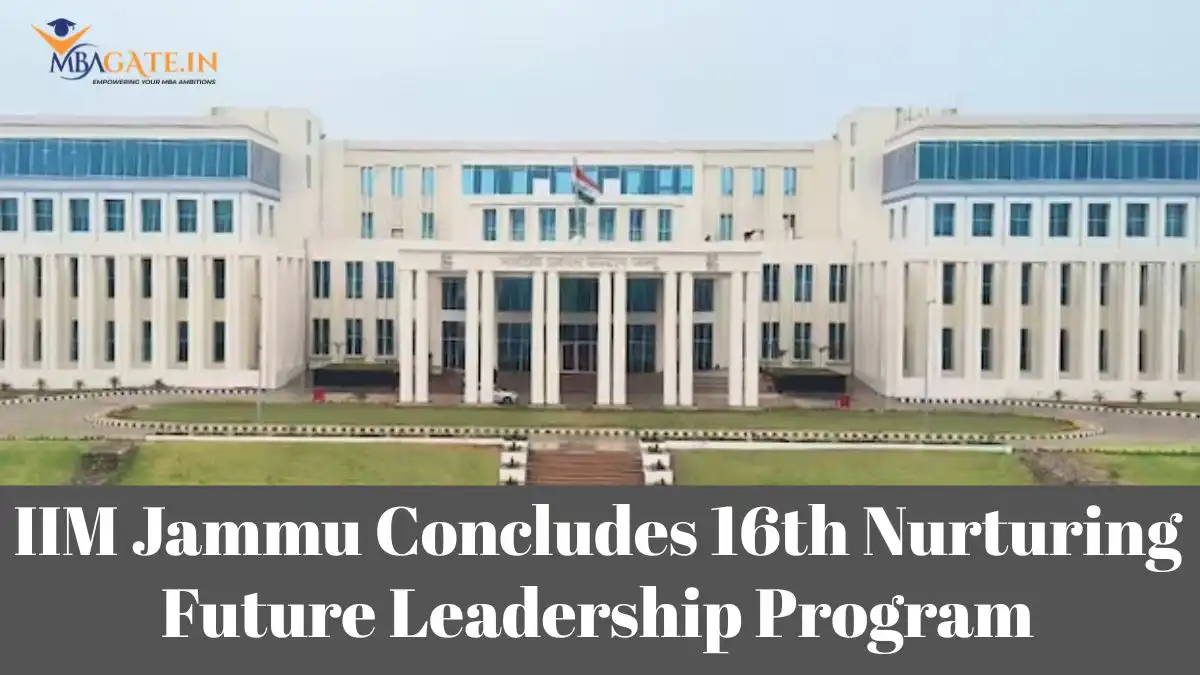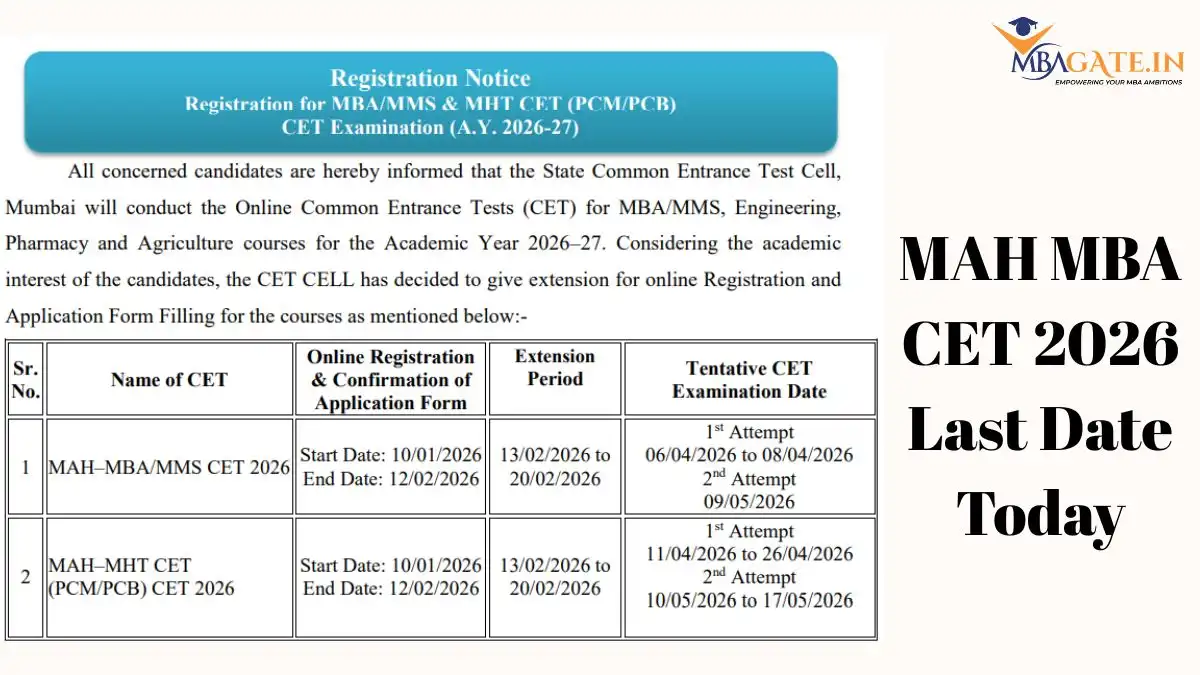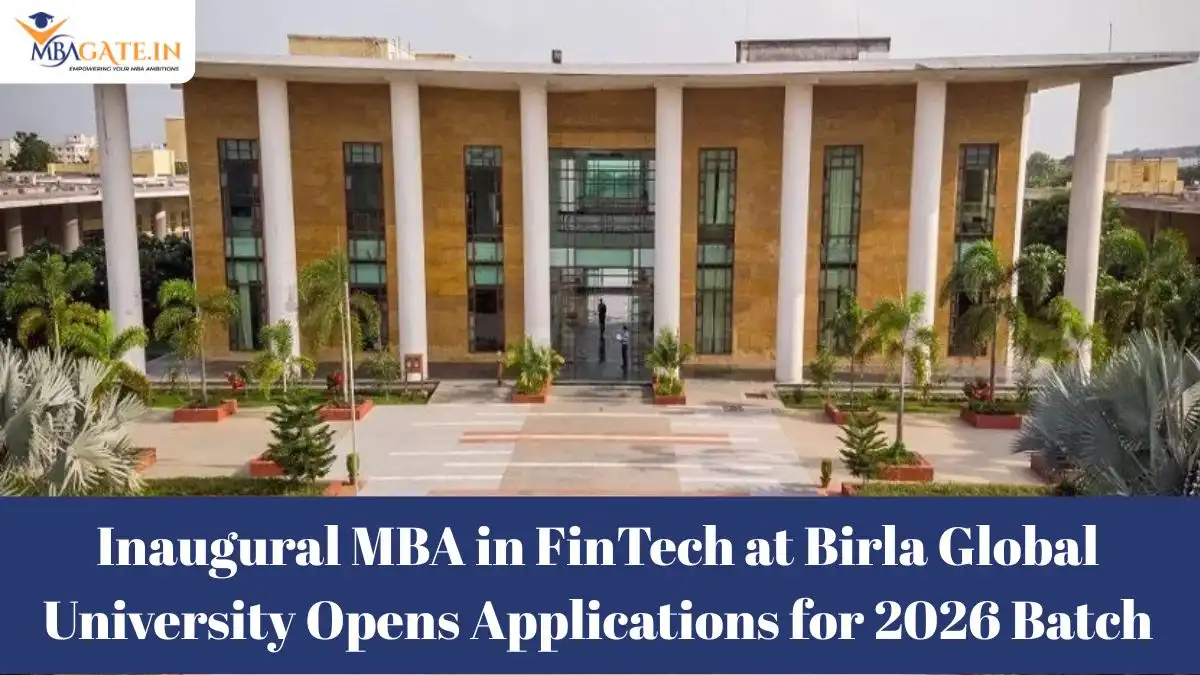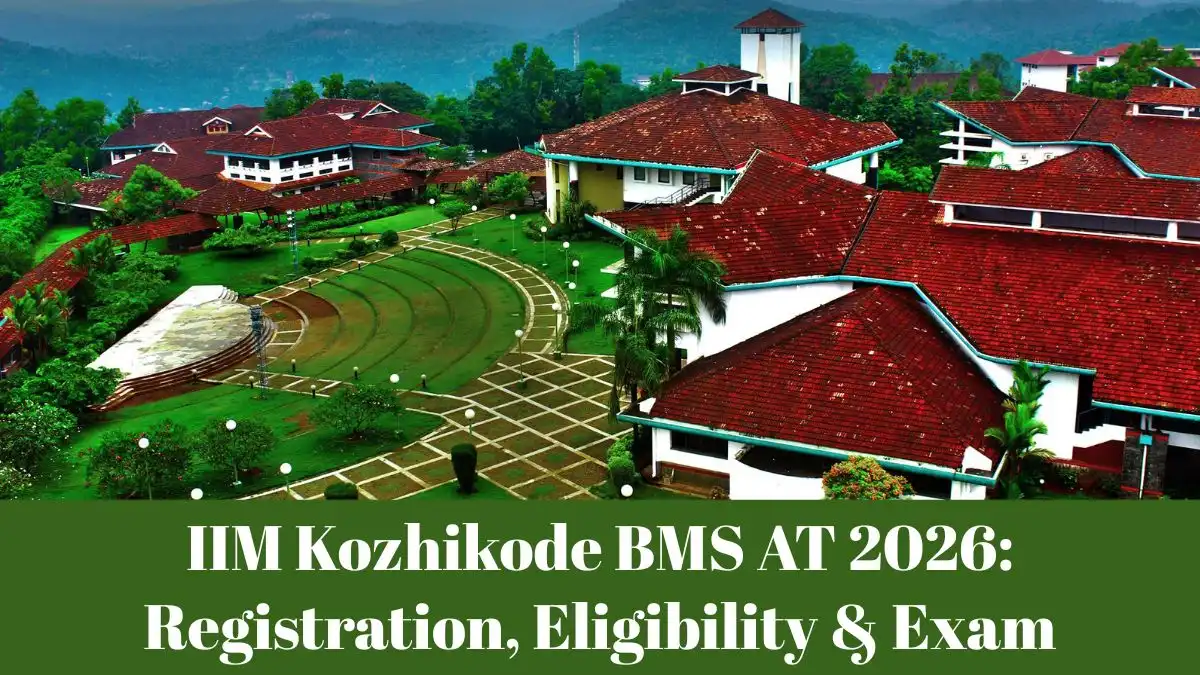IIM Sambalpur Collaborates to Plan Odisha's Economic Policies Towards Net-Zero By 2050
Table of Content
-
- + more items Show less
The Economic Transition Coalition Odisha (ETCO) is at the heart of this endeavour, bringing together business, government and academia to plan Odisha's transition to a low-carbon, inclusive economy.
The partnership also published a white paper named “A New Economic Transition Framework for Jobs, Growth and Sustainability in Odisha”. This provides a long-term strategy for changing the state's growth trajectory.
IIM Sambalpur Director Mahadeo Jaiswal stated that the purpose of business schools must go beyond traditional education. Odisha is at the threshold of a moment of history. As a strategic partner of ETCO they are helping to identify policy measures and frameworks that will propel the state towards a green and inclusive future, he added.
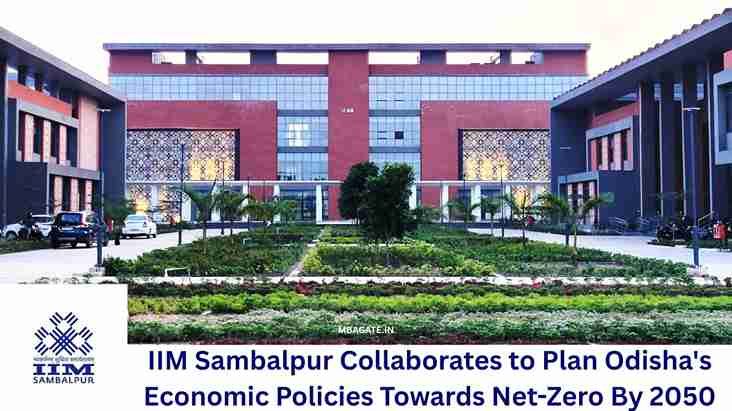
Jobs, agriculture and the climate are at the centre of the new transition plan
Jobs, agriculture and the climate are at the centre of the new transition plan
The white paper sets out a five-point plan based on fair income, climate-resilient agriculture, adaptation to climate change, conservation of biodiversity and net-zero emissions.
Transitioning the workers in the coal and thermal power industries is one of the key proposals of the white paper by promotes green technologies like green steel, hydrogen-based energy systems and carbon capture.
The strategy also examines how the mineral riches and vast coastline of Odisha could be leveraged to establish a green manufacturing and export hub. In order to fight the heightened risks of natural disasters, the group also promotes climate-resilient infrastructure.
Some other strategies are biodiversity conservation using eco-corridors and reducing animal-human conflict.
In agriculture the focus is on creating sustainable food systems that enable farmer livelihoods, agroforestry and soil carbon replenishment.
The initiative aligns with India's overall vision of achieving net-zero emissions and enhancing interdisciplinary collaboration under the National Education Policy.
As Odisha looks towards long-term, sustainable development, institutions like IIM Sambalpur are assuming a growing leadership role – not only in the realm of business education but also in shaping the future of the state.



